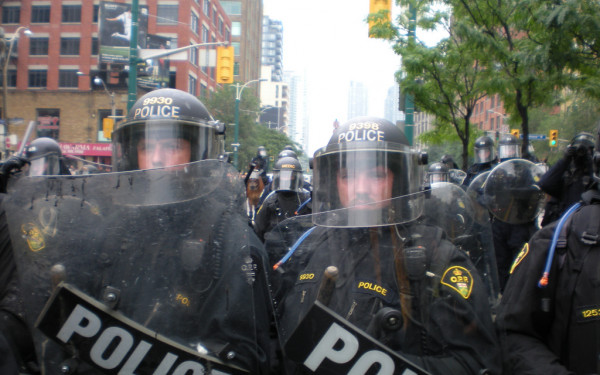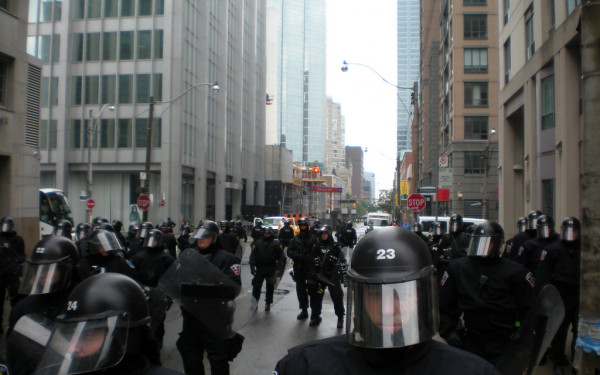Letters
Defending the Oppressor
Without fail, he starts his columns by writing that cops are generally violent and oppressive. With equal consistency, he then defends Montreal police against their latest use of violence. He has perfected his method in his latest column, which merits a serious response.
Sparks writes that anti-police brutality activists have made “cheap politics” of the killing of Farshad Mohammadi, an Iranian immigrant with mental health issues who was shot and killed by Montreal police on Jan. 6.
Sparks writes that events surrounding the killing are “unclear.” Given this lack of clarity, he proceeds to write his own history of how events unfolded.
Without any expert opinion he explains how “shooting to wound” is more difficult than it looks on television. “The police have a tough job,” after all, “and many of them do it well.”
Sparks then returns to those “ignorant” activists. How dare they go “rushing to crucify the police without knowing or caring what happened on Jan. 6.”
How ignorant of Sparks?! How ignorant for rushing to defend the police and crucifying the activists without knowing or caring about what they actually did and said.
Sparks’ argument is incoherent, but he rightly argues that “activists devalue their very legitimate cause when discarding facts to fit a prejudiced narrative.”
One should indeed take
precaution in distorting facts
to suit a political agenda.
But this concern should be applied with greater measure by Sparks himself given that he is supposedly a professional journalist.
He has devalued his work by making assumptions about the event itself and the activists that responded to the killing. Anyone who followed these events closely knows that certain anti-police brutality activists were the best informed about this case.
Of far greater importance is Sparks’ journalistic focus. People striving for peace should “denounce the violence on which the present system is based,” wrote radical pacifist A.J. Muste. “So long as we are not dealing honestly and adequately with this 90 per cent of our problem, there is something ludicrous—and perhaps hypocritical—about our concern over the 10 per cent of violence employed by the rebels
against oppression.”
In his coverage of the McGill occupation last November and the killing of Mohammadi this month, Sparks has tasked himself with the ludicrous and hypocritical job of
defending the 90 per cent of violence upon which our present system is based.
- Matthew Brett
MA political science




